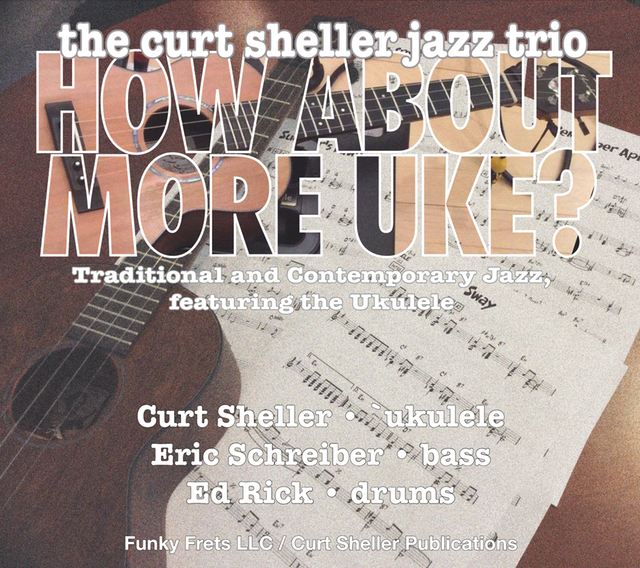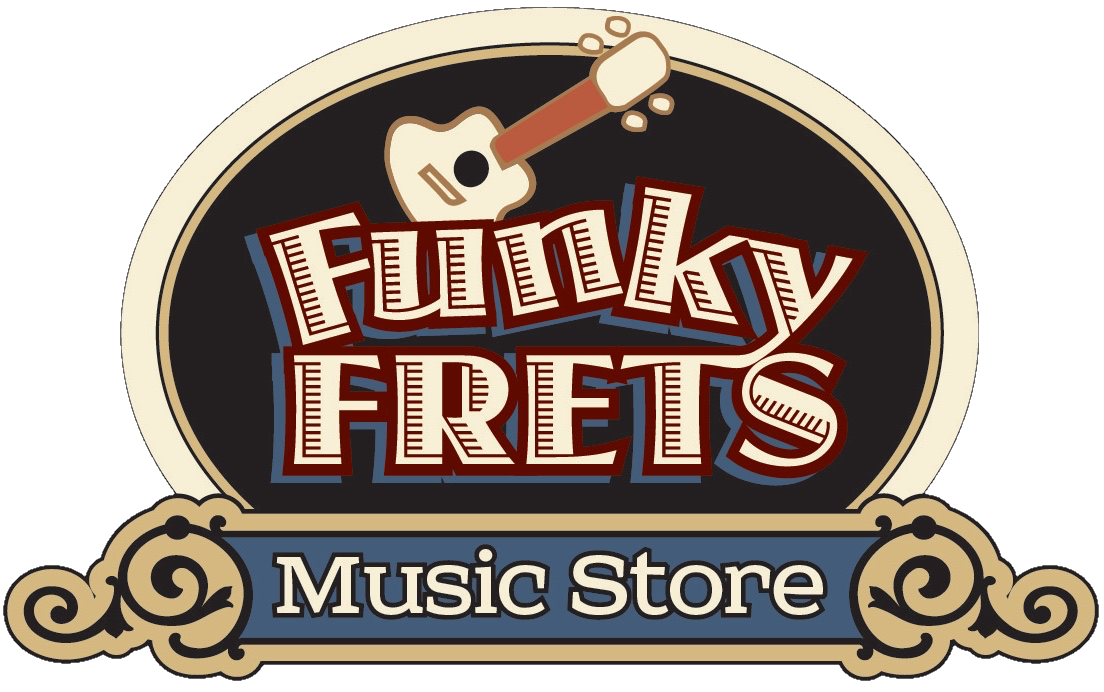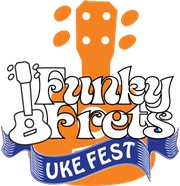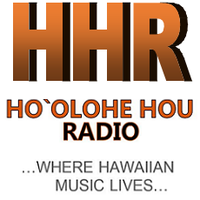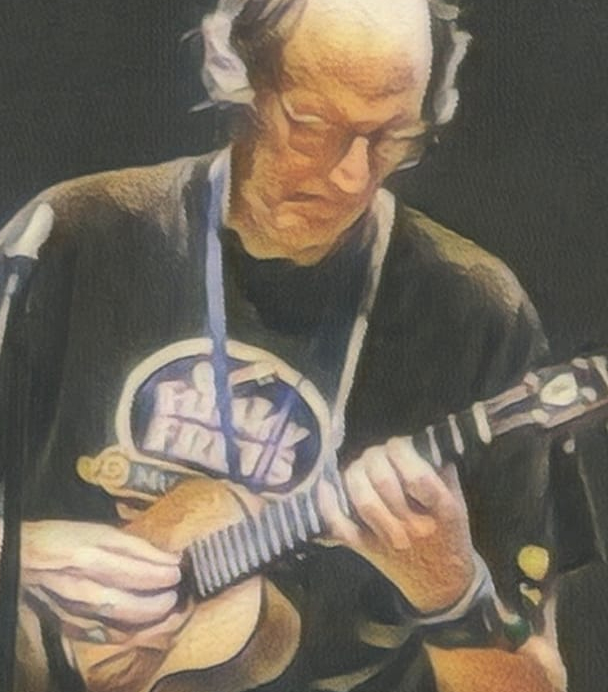Before the advent of the Internet and high-speed connections, to study with a top teacher, you had to live relatively close to a teacher and take the time to get to the lessons on a regularly scheduled basis. If you lived near a big city with a vibrant music scene and a bit of luck in Finding-A-Teacher – that might have been possible.
With the Internet, these limitations of time and distance are no longer an obstacle to gaining access to studying with a top, experienced, and professional teacher anywhere in the world. Taking advantage of the latest technologies and practices, I have developed a program of online study that targets specific skills for aspiring ukulele players and music in general.
Here are three options for a more structured approach to learning the ukulele. In addition to simply going it along and figuring it out yourself with what is available right here on LearningUkulele.com and the wider Internet in general.
Private One-on-One Lessons
PRIVATE LESSONS — Private lessons are available at our family music store, Funky Frets Music Store , 124 N. Chestnut St., Boyertown, PA 19512 USA . These lessons are the tradition one-on-one approach where you sign up and show up each week, and with the customized lessons, you progress towards your goals. This leads to the best progress and it truly customized and based on YOUR goals.
You can even schedule periodic lessons. Just email me or call and we can squeeze you in if you are traveling through the area. I often start my teaching day early in the morning and go late into the night. Anything is possible. Come in once a month for an hour or two.
One-on-One Virtual Lessons
This is the closest to face-to-face private lessons as we use the Internet and a simple web camera built in to most computers, tablets, and smartphones. There is no distance barrier, and all that is need is to schedule the lessons frequency and time. These ZOOM, Skype and Apple FaceTime lessons are the same as in-person lessons at Funky Frets.
Email Correspondence
This is a go at your pace, and I send you the custom lessons. This option can accommodate any schedule as the communications involve email, phone and periodic video exchange. Lessons with me are an excellent way to have me identify the lessons that are available right here and guide you through the many available lessons.
Email correspondence lessons are a great option for people that can't commit to a schedule due to a job, family, etc…
For more information, you can reach me by email at: curt@learningukulele.com or by call me at 484-942-8040 ( USA East Coast).
We can discuss your goals, current experience, schedule, and the program that will be best suited to maximize your progress.
What Are the Lessons Like?
You might be wondering just that - "What are the lessons like?"
Both the in-person and virtual lessons, as well as email correspondence lessons, are custom lessons based on your goals as well as what every player should know. I'll take full advantage of any existing music knowledge you already have and help you transfer it to the ukulele.
Typical lessons contain the following topic areas: Chords and Chord Progression, Single Notes, Rhythm and Strums, The Principles of Music, Learning the `Ukulele Fingerboard, and Developing a Repertoire. The focus of lessons is to build a solid foundation in each area of study.
Visit these pages for a look into what can be covered and my personal teaching philosophy.
- The Study of Music Today - Few people are aware of the many new developments in music education today.
- The Elements of a Successful Music Program - The areas of studying that would be considered part of a well rounded music program.
- My Personal Teaching Philosophy - After years and years of serious study with world renounced musician, educator, and jazz guitarist Chuck Anderson. I've adopted his teaching philosophy and methods with great success.
Should You Study Music With A Teacher or Should You "Wing" It On You Own?
This question always comes up in this type of discussion about music.
Here is Chuck Anderson's take on the question.
An objective assessment of the two alternative approaches leads me (Chuck Anderson) invariably towards the formal route. Why? Because without guidance, there is a tendency to go in circles, What do you practice, when do you move to the next topic? When are you doing something wrong? How do you practice what doesn't exist to you?
— Chuck Anderson
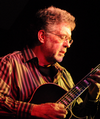
Finding A Good Teacher
Some tips and guidance in selecting a teacher that fits Your goals and needs. Remember THEY are YOUR lessons.
Finding a Ukulele Teacher
Finding a good ukulele teacher can be a daunting task, especially in the Internet age with immediate access to information online, FREE YouTube lessons, forums, Meetup groups, local ukulele clubs, etc. Let alone your local music store, which has no shortage of guitar teachers purporting to know the ukulele and offer ukulele lessons.
Unfortunately, there are no oversights or organizations that regulate private music teachers. This is especially true for private guitar and ukulele teachers. Anyone can hang a shingle out advertising private lessons or put content online. So finding a good teacher can be a challenge.
Evaluating a Teacher's Experience
You are not so interested in a teacher's performance experience; I'd be more inclined to know their teaching experience. Remember, you're not hiring them for a gig, a performance, or to entertain you. You're asking them to help you learn the ukulele and music. Not all great players are great teachers — in fact, just because they can perform on an instrument, that doesn't always mean they can effectively communicate the process and skills for you to achieve the same results.
Here are a few questions you can ask prospective teachers and, generally speaking, what their answers should be. I'll also input my perspective, which should give some info on accurately evaluating a potential teacher or online content.
Questions from the Student's Point of View
What is the teacher's experience? How long have they been teaching? Who were their teachers? What styles of music do you teach? How many students do they have, and how long does a student remain with them? Are the lessons customized to your goals? Are the lessons private or in groups? How are lessons structured? What materials do you use? What do I need for lessons? How is payment structured?
As you can see, there is a lot to ask, and the typical student I've encountered never asks even a small percentage of them. I'll address each question and what my response would be, as well as teacher responses that should throw up a red flag for you.
How Long Have You Been Teaching?
A teacher's experience, as with any job experience, is obtained over time. As well as the number of students they have and have taught. A private music teacher gains knowledge and experience on the job. It's not in a how-to book or in a college course — which I've never even heard of for private teaching anyway. A teacher learns by actually doing — at a minimum—3 to 5 years of teaching experience and not 5 to 10 students a week, more like 20 to 30 or more students a week. The more students a teacher teaches every week, the more experience they gain. Personally, I continually refine, research, and polish my teaching skills and have maintained 40 to 60 students a week or more, depending on the time of year. An excellent guideline is to find a teacher where the majority of the income comes from teaching, not performing. Maintaining a consistent private teaching practice shows a level of commitment to teaching, not that it's a sideline. There are multiple ways to make a living with music and the music business beyond performing.
Find a local performer that you admire. Search out their teacher, the teacher of that teacher, etc. Remember, just like in professional sports, the best coaches are not necessarily the best players. It's one thing to be able to do it, and another to explain and teach others to do the same.
Are the Lessons Private or Group?
You'll make the best progress with private one-on-one lessons and coaching. These private lessons can be in-person or via the Internet via video services like Skype, Zoom, Apple FaceTime, or a correspondence lesson program using email. Unless you're a total beginner and merely looking for an overview or just shopping, stay away from group lessons. However, group lessons, workshops, and seminars are a great way to supplement your private teaching.
What Styles of Music Does a Teacher Teach?
Be sure to ask this question before a prospective teacher asks what styles of music you would like to perform.
A teacher should be honest about the types and styles of music they teach, and not a jack-of-all-trades teacher. Search out a teacher who is an expert in the particular styles of music you would like to play. My response to a student wanting to learn classical guitar is: I can help with the music principles, the technique, but I have no experience with the repertoire or the business side of that genre. The classical guitar has a specific repertoire required for players intending to perform.
When I first meet a prospective student, I tell them their lessons, customized one-on-one lessons, are based on their goals and experience. It includes a core foundation of the principles of music that all musicians for any instrument get, and builds on that foundation depending on their short- and long-term goals. It includes work on the technical issues inherent with actually getting the instrument to sound good consistently. For guitar and ukulele students, it's getting the hands to cooperate and consistently perform what is required. You are looking for an efficient, low-maintenance technique that you can call on at any time to get your desired musical results.
“Jazz” and “Classical” music are areas where a dedicated teacher specializing in that genre is most beneficial. Naturally, there are fewer specialists in these styles. A good jazz guitar teacher should be able to help you with the non-technical aspects of your study of the ukulele. An excellent classical guitar teacher can help with the technical, traditional Classical fingerstyle part of the ukulele.
NOTE: You do not have to study with only one teacher at a time. A good teacher would not be offended if you studied with other teachers at the same time.
Cost?
Cost shouldn't always be a deciding factor in selecting a teacher, but the adage “You get what you pay for” is still valid in most situations. In-demand, teachers will command higher rates because of the demand for their services. As a teacher, rates can be a way to filter out less committed students. The price of lessons in my area ranges from $20 for thirty minutes to $100 an hour.
How Do You Teach?
If a teacher answers this question without knowing your musical knowledge, your technique, or your musical goals, and tries to explain how he or she will teach you, then this is not a competent teacher. I tell students that the lessons are custom lessons based on their goals. It's as simple as that. They are private lessons, and each student is different, and lesson material evolves as students progress and their goals change and evolve. Each lesson contains specific tasks geared toward those goals.
If the teacher — especially for guitar and using a pick—does not go over a specific way to hold the pick, run for the door. It's not just doing what is comfortable or natural. Few things come naturally on most instruments. For both ukulele and guitar students, the fretting hand thumb has a specific role, and a teacher should cover that. Music is both an art and a science. Applying the principles of music to the ukulele is no different. Learning efficient techniques is an essential part of learning the ukulele. Technique is the one area where many teachers don't even address these most important aspects of playing. You'll never be any better than your actual physical ability to execute what you want to perform musically and technically. Doing what feels natural is typically not the most efficient or easy to maintain. The goal is to get your technique to sound and feel natural to you.
Additional Thoughts on Teaching
Equating students' success to the success of a teacher is only a good indicator if that student started with that teacher as a beginner. You can, however, ask successful performers who they studied with, and if one teacher's name keeps popping up, that might be a good indicator for that teacher. I'm sure there are one or two teachers in your area that their names would keep popping up when talking to other students and professional musicians. I was lucky, in the early years, to have several great teachers in Franny Boyle and Paul Byrne (passed July 24, 2021). And, then Chuck Anderson's name kept popping up, and I finally started studying with Chuck and credit Chuck with my success. Of course, I, did all the actual work, with Chuck's guidance.
Just because someone is a good player, do not assume they are good teachers. Teaching is the ability to develop and nurture students and help them achieve their goals and develop their voice as a player. Not play like their teacher. I know numerous excellent players that are not good teachers. Early in my development as a teacher and musician, I was very fortunate to hook up with a few good teachers and ultimately with Chuck Anderson, one of the best teachers in the area if not the USA. Chuck has developed an international reputation as an educator, teacher, and performer.
Here are a few requirements to look for in a teacher:
- Pedagogy is a big word, but it basically means learning how to teach. I studied how to teach various techniques, such as music theory, ear training, songwriting, improvisation, etc. I learned how to deal with various personality types. Everyone learns in different ways, and a teacher needs more than one way to teach. It is important for a teacher to understand this process. A good teacher can present the same information in several ways so that they will be better able to teach all of their students well.
- Recording: As you get more proficient, you might want to record yourself, and with recording in a home studio being more affordable than ever, a good teacher should be able to help with that. Recording yourself is also a good way to track progress.
- The Music of Business: There is more than one way to make money as a musician. A good teacher will be able to help with that as well.
This should give you some insight into finding a good and qualified teacher. Whether it is face-to-face or online, the search for a qualified teacher is well worth it.
It can take a bit to find a qualified, good teacher, as the best teachers typically do not advertise. There are several sources for finding a private, face-to-face teacher. Contact the music departments of colleges and universities near you. They can refer you to qualified teachers. Your local music store is one place to check, but they typically don't have the highest standards for selecting their guitar teachers, and even worse for ukulele teachers. Just as you can play guitar and most skills will transfer, the ukulele is a really different instrument with specific challenges, and you deserve to find a dedicated ukulele teacher.
Use all the questions from this article to help you find a teacher. A good teacher will not mind any of these questions. It shows your dedication to developing as a musician on your selected instrument. And, a good teacher will appreciate these questions and not mind any of the questions. I don't and a good teacher will not mind you studying with multiple teachers.
For online lessons, ask all the same questions, and your search can be worldwide. All the same issues and questions apply to online and virtual lessons as well as in-person face-to-face lessons. The online lessons I offer are not a course; they are a custom lesson program for the individual student.
Private, one-on-one lessons are entirely different from group instruction and workshops. The concepts are the same — it's just how to deliver them to a different audience.
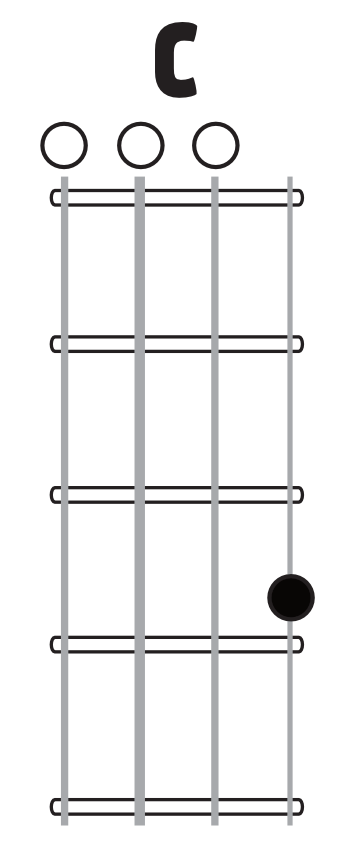
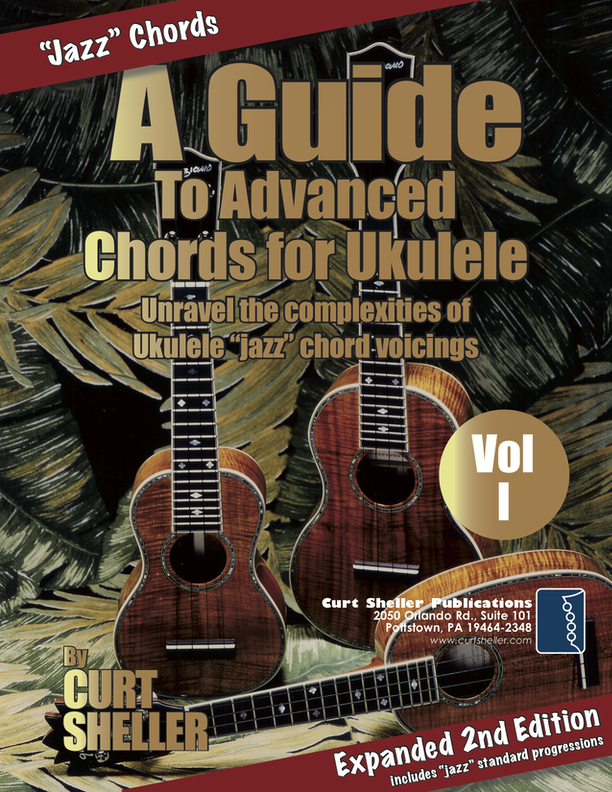
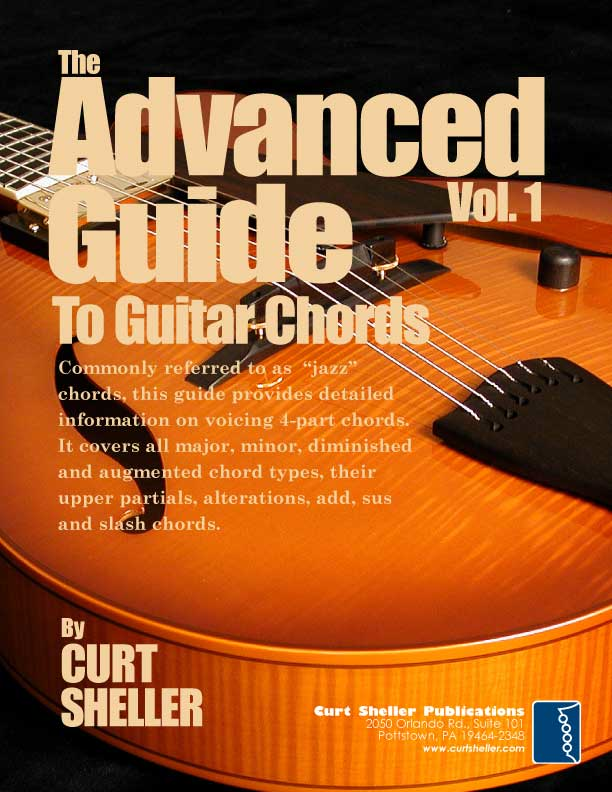
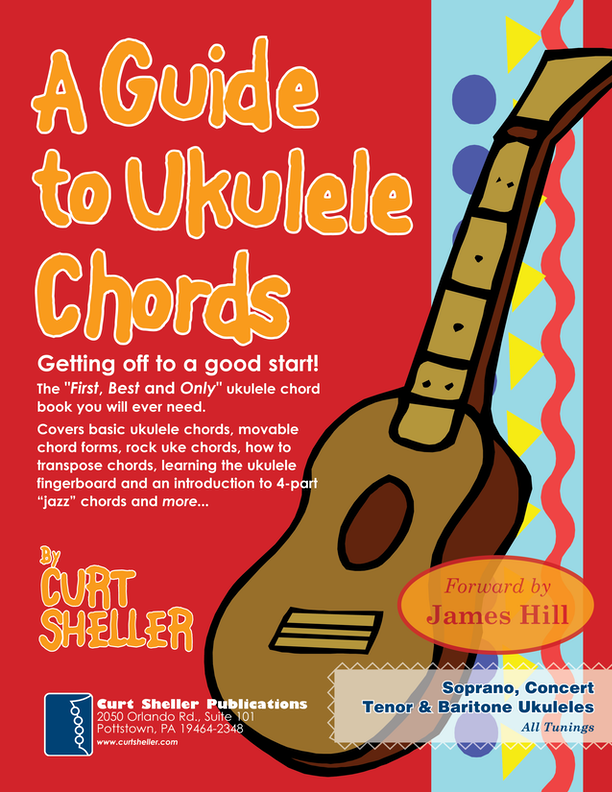
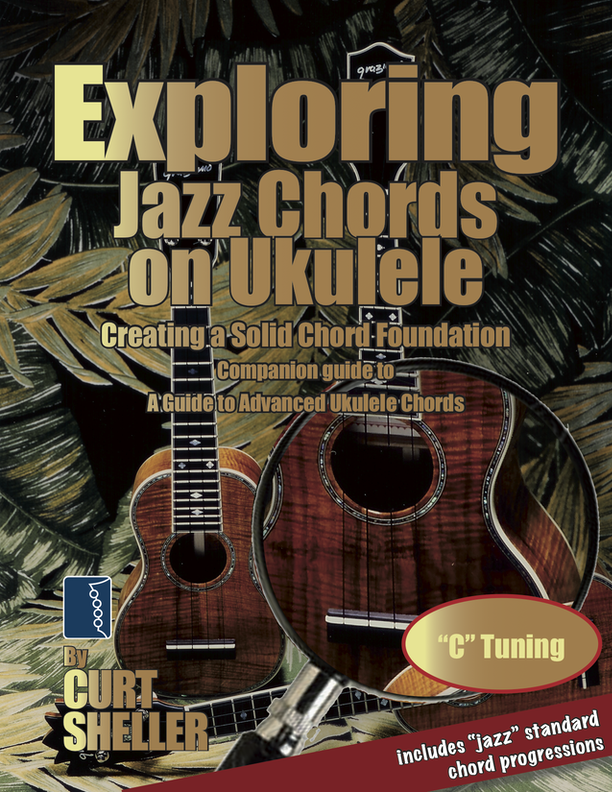
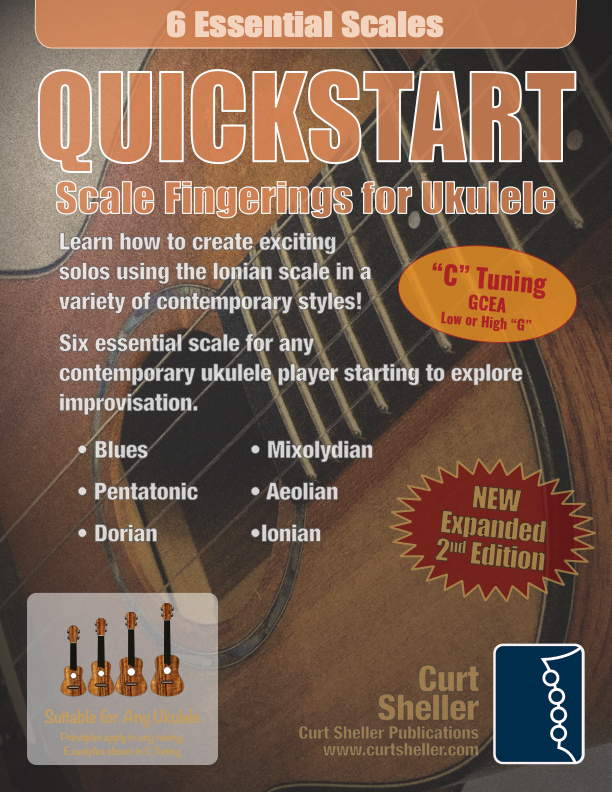
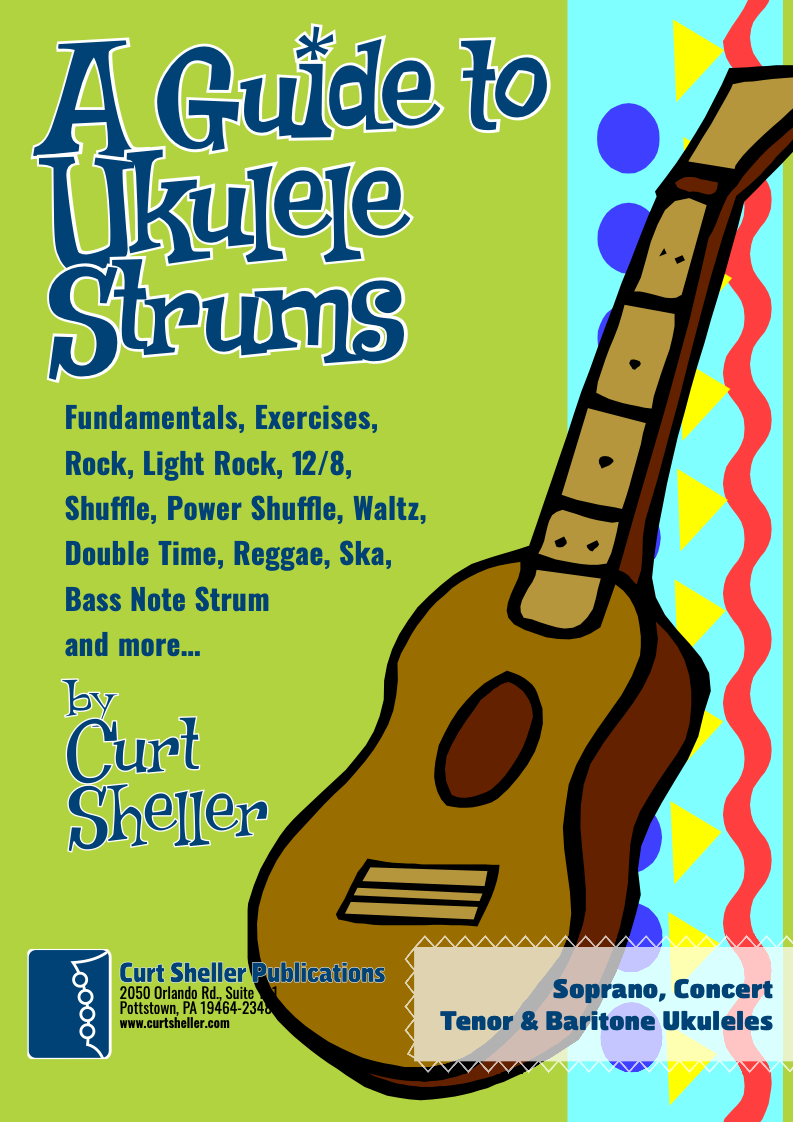
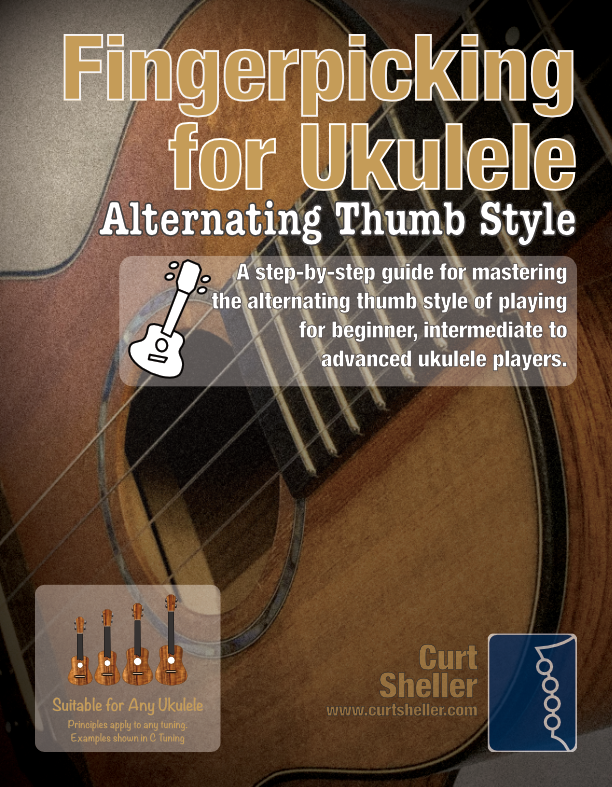

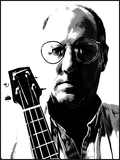
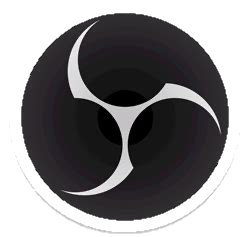



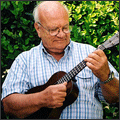




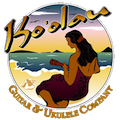

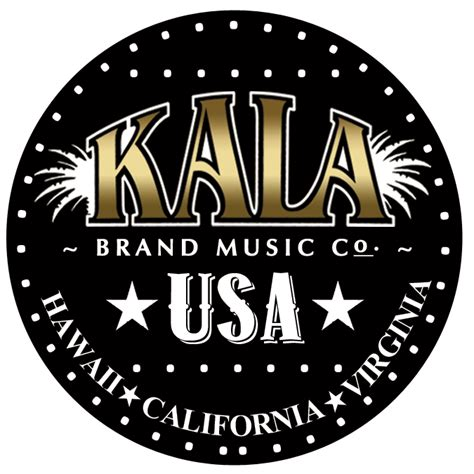

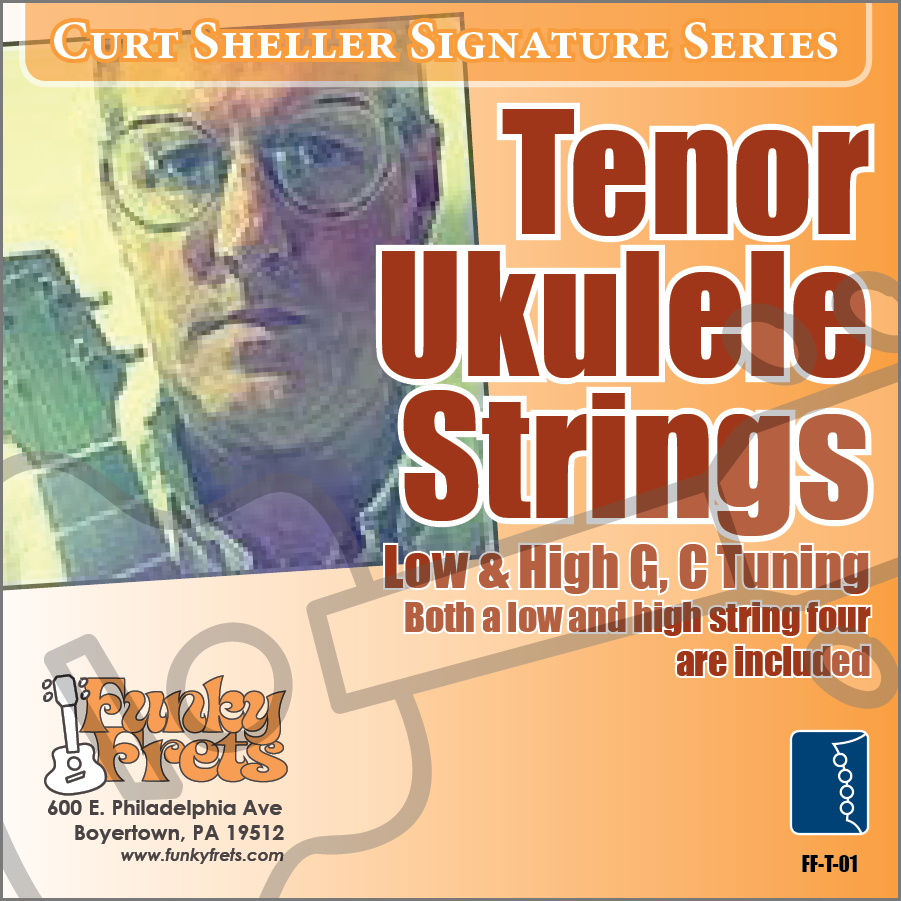
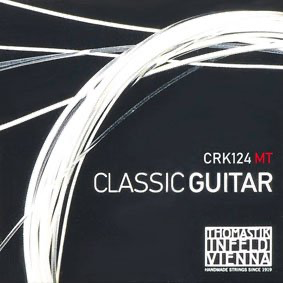
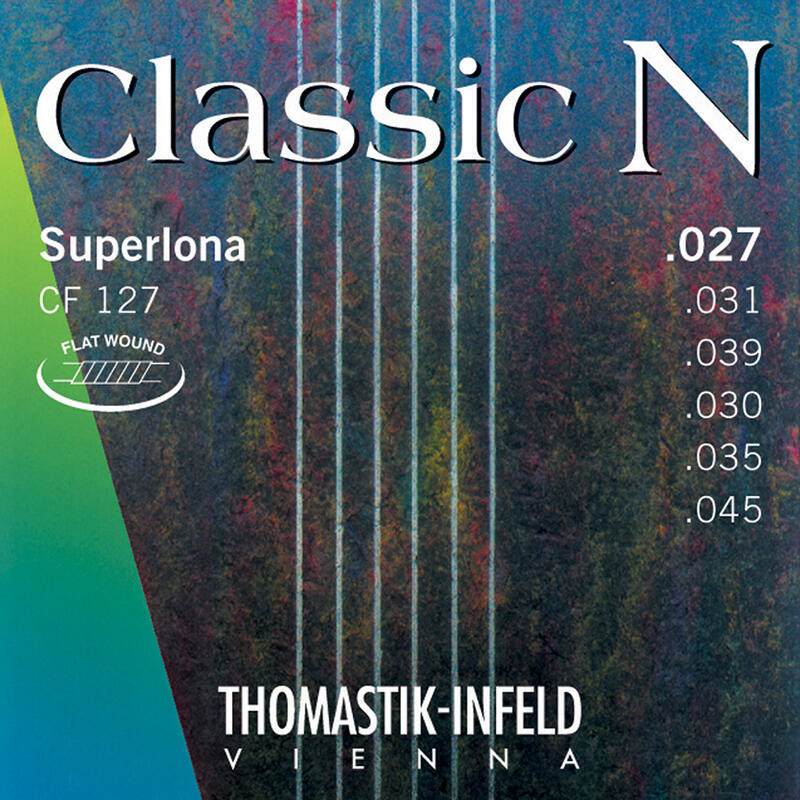
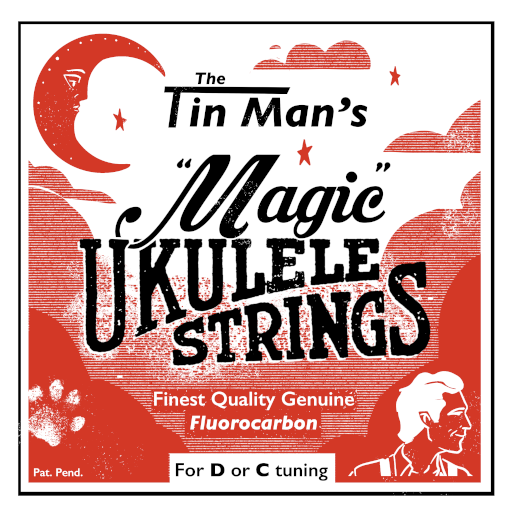
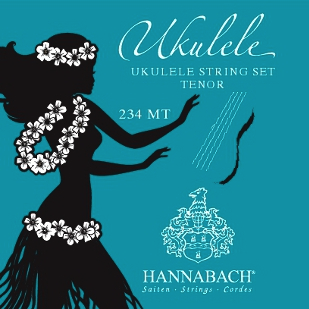
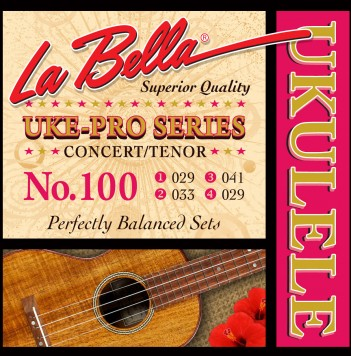
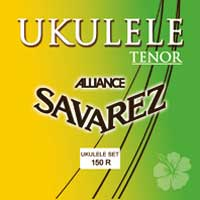






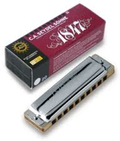
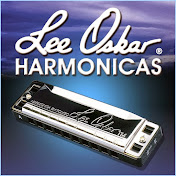





 supportukrainenow.org
supportukrainenow.org
